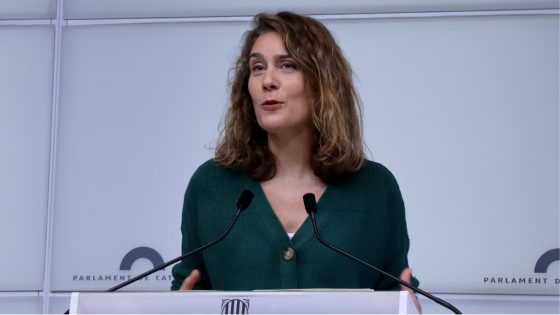Jakarta is facing concerns over the recent budget cuts proposed by President Prabowo Subianto. Economists warn that these drastic measures, described as “brutal,” could hinder Indonesia‘s economic growth in 2025. With a target of only 4.7% growth, many are questioning whether such cuts are well-planned or if they will negatively impact essential services.
- Budget efficiency seen as poorly planned
- Target growth rate set at 4.7%
- Budget cuts may hinder public services
- Concerns over investment impacts
- Essential programs at risk from cuts
- Prabowo aims for Rp 750 trillion savings
Will Prabowo’s Budget Cuts Hurt Indonesia’s Economic Growth?
As President Prabowo Subianto implements significant budget cuts, many wonder: will these measures truly benefit the economy? Economists argue that without careful planning, these cuts could lead to a decline in essential public services and overall economic stability.
Impact of Budget Cuts on Public Services and Investment
The proposed budget cuts have raised alarms about their potential effects on public services and investment. Economists emphasize that cutting funds for essential programs, like infrastructure and health services, could lead to a decline in service quality and deter foreign investment.
- Budget cuts may disrupt public services.
- Investment in vital sectors could decrease.
- Job losses may occur across various industries.
- Long-term growth could be jeopardized.
Economic Growth Projections Amid Budget Cuts
Bhima Yudhistira from CELIOS has set a modest growth target of 4.7% for 2025, citing the impact of these budget cuts. He warns that if essential programs are compromised, it could lead to broader economic repercussions.
Public Services at Risk: Health and Education
Experts like Rizal Taufikurohman from INDEF highlight that the quality of basic services, especially in health and education, could decline due to budget cuts. Efficient fiscal management is crucial to ensure that essential services remain intact while achieving savings.
Potential Consequences of Poor Planning
Without a solid plan, these budget cuts could backfire, leading to reduced public trust and economic instability. Economists stress the importance of strategic budgeting that prioritizes essential services while still achieving necessary savings.
In conclusion, while budget efficiency is essential, it must be balanced with the need to maintain public services and promote economic growth. The current approach raises significant concerns about Indonesia’s future economic landscape.































